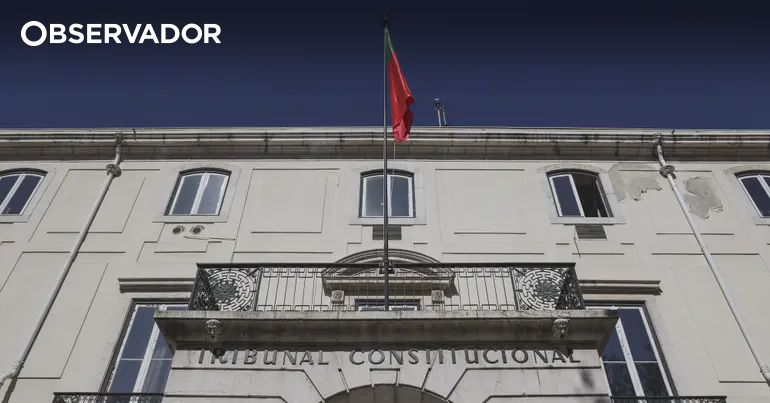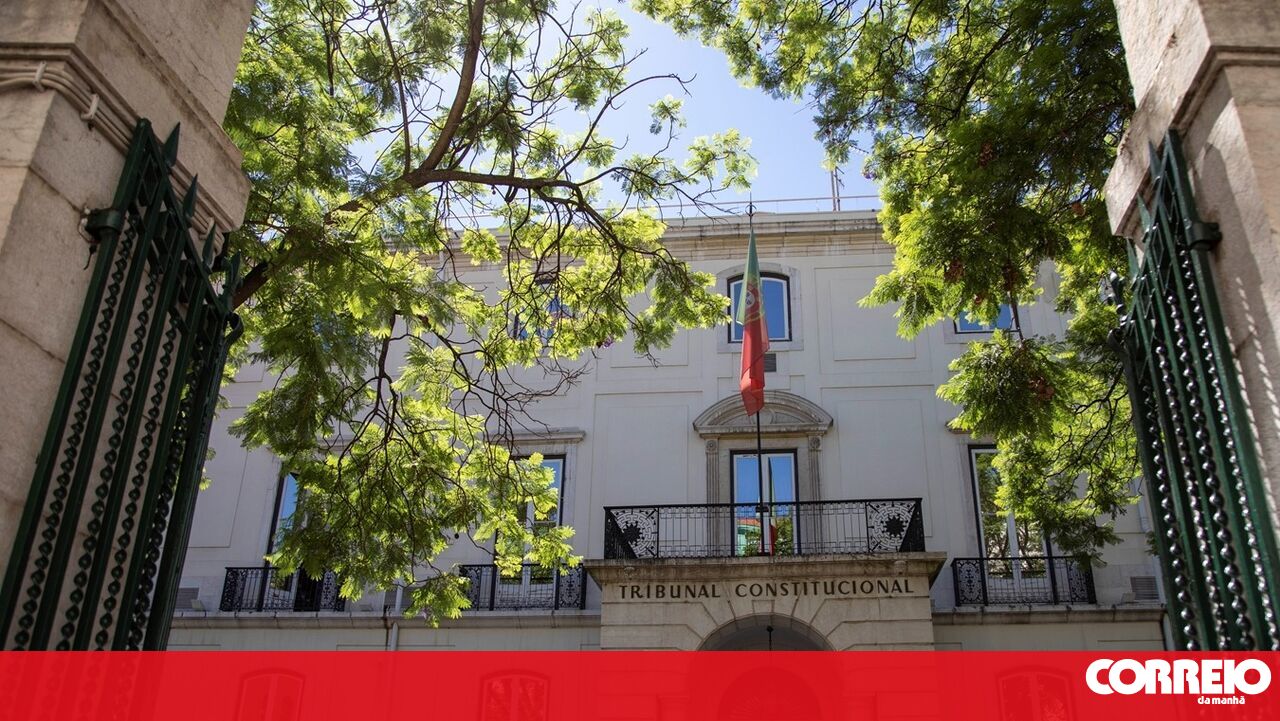The Vice-President of the Constitutional Court (TC) has openly criticized the declaration of unconstitutionality of the foreigners' law, arguing that the decree's measures are "perfectly reasonable" and suggesting the decision was influenced by personal convictions.
In a joint voting statement attached to the TC's ruling that declared five norms of the foreigners' law unconstitutional, Gonçalo Almeida Ribeiro, the court's vice-president, and José António Teles Pereira, a council judge, expressed their disagreement with the decision. They argued that, although some of the norms in the decree are "controversial and debatable," they are "perfectly reasonable and legitimate," representing "a normal expression of democratic arbitration of political dissent."
The judges emphasized that legislation in a constitutional democracy should not be a compromise between the political preferences of the parliamentary majority and the majority of the constitutional jurisdiction members but an exercise of programmatic freedom limited by respect for fundamental rights and the structuring principles of a republic of free and equal individuals.
They also pointed out that for a constitutional judgment informed by such abstract and elastic values to be an example of legal reasoning rather than an ideological choice, it must meet a demanding burden of justification—a criterion they believe was not met in the arguments of the ruling released today.
The judges acknowledged that the legislator's options regarding foreigners' rights should "deserve severe scrutiny or intensified control by the constitutional judge." However, they stressed that intense judicial scrutiny should not serve as a pretext for judges to impose their personal convictions on the constitutional plane, violating democratic equality.
Gonçalo Almeida Ribeiro and José António Teles Pereira also noted the impracticality of meeting such standards in this case, given the President of the Republic's request for the TC to rule within 15 days. They suggested that, faced with such urgency, the responsible institutional approach would have been to seek support from other jurisdictions, such as the European Court of Human Rights or the Court of Justice of the European Union.
Similarly, Judge Maria Benedita Urbano dissented from the majority's decision to declare the five norms unconstitutional, arguing that the ruling disregards the current socioeconomic reality of Portugal, with vital sectors like health, housing, and education at risk of collapse.
Judge João Carlos Loureiro, another dissenter, argued that in a framework of separation of powers, what each constitutional judge thinks about the merit of legislative solutions is irrelevant. He emphasized the importance of a legal-constitutional assessment, considering international and supranational references.

























Comments
Join Our Community
Sign up to share your thoughts, engage with others, and become part of our growing community.
No comments yet
Be the first to share your thoughts and start the conversation!